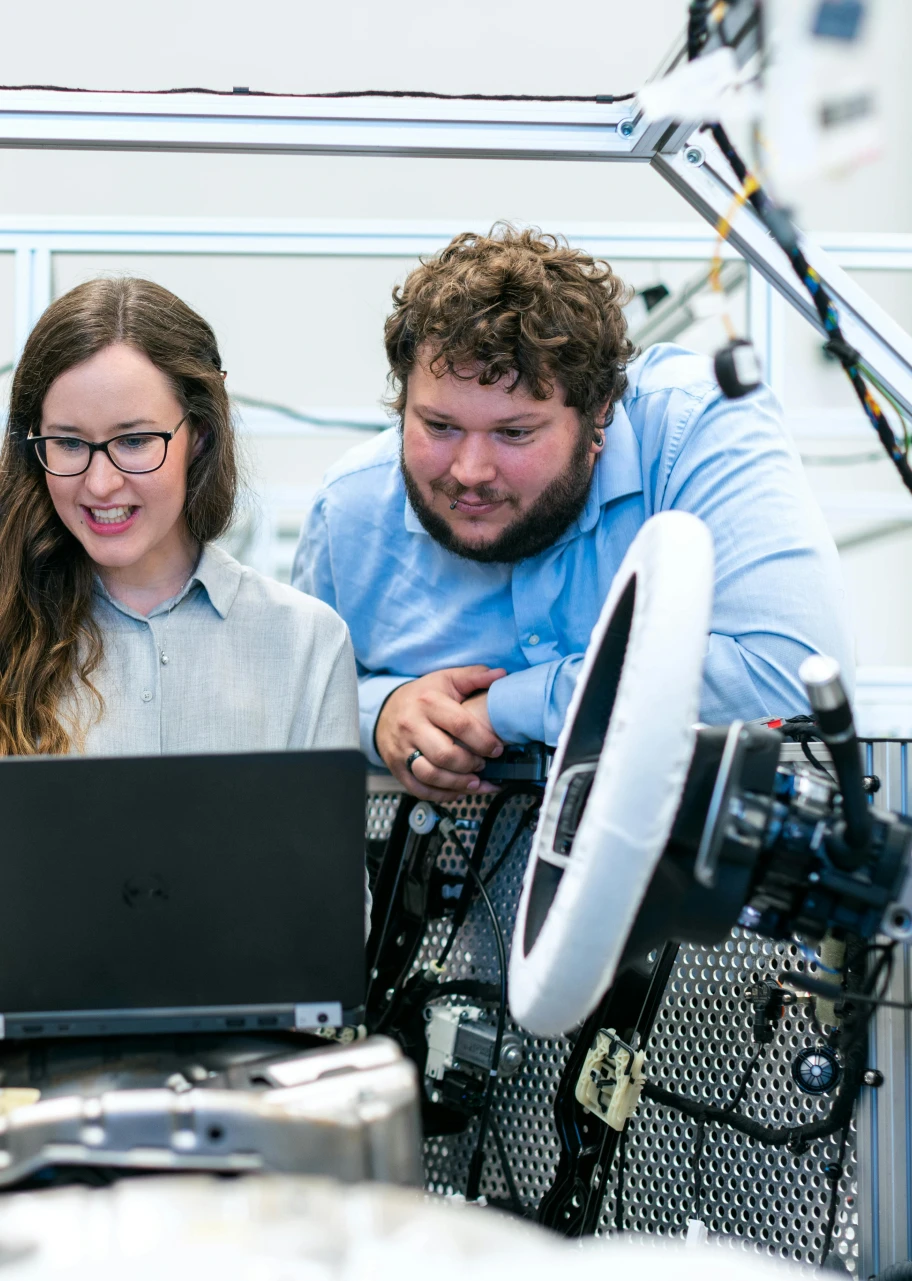What Do Automotive Engineers Do
Contents

Automotive engineers are pivotal in the design, development, testing, and manufacturing of vehicles, including cars, trucks, motorcycles, and other modes of transportation. Their expertise is crucial in creating vehicles that are safe, efficient, environmentally friendly, and enjoyable to drive. This article delves into the multifaceted roles and responsibilities of automotive engineers, the educational paths to enter the field, and the current trends and future directions within the automotive industry.
The Roles and Responsibilities of Automotive Engineers
Automotive engineering is a branch of vehicle engineering that incorporates elements of mechanical, electrical, electronic, software, and safety engineering as applied to the design, manufacture, and operation of motorcycles, automobiles, and trucks and their respective engineering subsystems. Automotive engineers work in various areas of vehicle design and development, including:
1. Design Engineering
In this role, engineers conceptualize and design the mechanical components and systems of vehicles. This includes creating blueprints, selecting materials, and considering aesthetics and functionality. Design engineers must balance innovation with practicality, ensuring that the vehicle can be manufactured efficiently.
2. Development and Testing
Automotive engineers develop prototypes based on the design specifications and conduct rigorous testing to ensure safety, reliability, and compliance with regulations. They use advanced simulation software and physical testing methods to evaluate every aspect of the vehicle’s performance, including crash tests, durability testing, and fuel economy.
3. Systems Engineering
This specialization focuses on integrating all the vehicle’s mechanical and electronic systems. Engineers in this field work on improving the performance and efficiency of these systems, such as propulsion, suspension, braking, and the electrical system.
4. Manufacturing Engineering
Automotive engineers involved in manufacturing focus on designing and optimizing the production process. They work to ensure that vehicle assembly is as efficient and cost-effective as possible while maintaining high-quality standards.
5. Quality Assurance
Engineers in quality assurance are responsible for ensuring that all aspects of vehicle design, production, and performance meet stringent quality standards. They identify defects and work to prevent them, ensuring that the final product is safe and reliable.
Educational Path
A career in automotive engineering typically requires a bachelor’s degree in automotive engineering, mechanical engineering, or a related field. Many engineers also obtain a master’s degree or a Ph.D. for advanced positions or research roles. In addition to formal education, hands-on experience through internships or co-op programs is highly valuable, as it provides practical experience and networking opportunities.
Current Trends and Future Directions
The automotive industry is currently undergoing significant transformations with the rise of electric vehicles (EVs), autonomous driving technology, and sustainable manufacturing practices. Automotive engineers are at the forefront of these changes, working on innovations such as battery technology, advanced driver-assistance systems (ADAS), and lightweight materials. The shift towards electrification and autonomy presents new challenges and opportunities for engineers, requiring continuous learning and adaptation to new technologies and regulations.
In conclusion, automotive engineers play a critical role in the creation of vehicles, from initial concept to final production. Their work ensures that vehicles are safe, efficient, and meet the demands of modern consumers. As the industry evolves with technological advancements and shifts towards sustainability, the role of automotive engineers will continue to be essential in shaping the future of transportation.
Contact Us
